Democratic Republic of the Congo
The country home to one of the world’s longest and most complex humanitarian crises.
In the Democratic Republic of Congo (DRC), conflicts,violence, and natural disasters have forced 5.2 million people out of their homes, most of them being in the eastern side of the country.
Reaching vulnerable people in the DRC is extremely challenging. Humanitarian partners can face numerous obstacles due to security, lack of infrastructures or physical limitations or administrative hurdles. Administrative obstacles include various taxes and lengthy visa procedures. In some areas, humanitarian workers face the risk of attack on a near-daily basis. In 2020, there were 383 security incidents affecting humanitarian staff or assets, with 10 staff killed, 19 injured and 42 kidnapped.
David McLachlan-Karr, Humanitarian Coordinator in the DRC, says: “The targeting of humanitarian personnel hinders relief efforts for Congolese people [living] in a very critical situation, violates international humanitarian law, and is contrary to [Security Council] resolution 2417 condemning the unlawful denial of humanitarian access.”
Humanitarians often have to drive on threadbare roads to access remote areas. Only 20 per cent of the 6,500 km of roads that link DRC’s 11 provincial capitals are paved, and the majority of those paved roads are in poor condition. Rail and river transport systems across the vast country are outdated, and air services are insufficient to cover the extent of commercial and cargo traffic needs. These constraints all cause delays in the delivery of aid.
With numerous complex conflicts under way in the DRC, humanitarian organizations must also negotiate access to reach people in need. Doing this ensures that aid gets to those who need it most, no matter who or where they are.
Access in DRC is dependent on the acceptance of the organizations intervening to assist the population. In areas controlled by armed groups, it is paramount to negotiate access and to sensitize parties to the conflict about humanitarian principles and humanitarian action.
As shown in this video, OCHA is in regular contact with the different parties to the conflict to sensitize actors with influence about humanitarian principles and humanitarian action with the overall objective to facilitate access.




